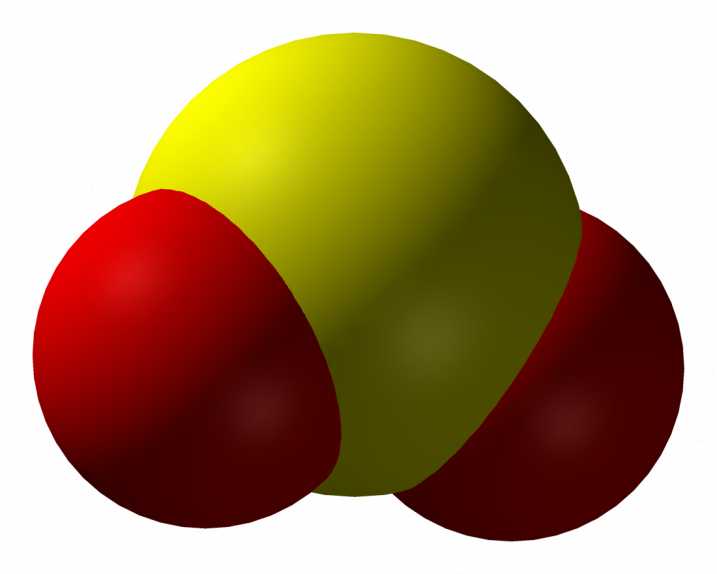The Hill Country stretch in Texas advertises itself as a break from hectic life. And the drive with its scenic views indeed seem like the best day long holiday that busy homemakers and office goers can take within the twin budgets of time and cash. But all is not well in this idyllic stretch. Recent farmer complaints, that emissions from the Fayette Power Project is ruining their produce and killing trees have been deemed matters of deep concern by environmental activists.
And they have good reason to say so. The plant has been operating without the relevant equipment to help reduce sulphur emissions say environmental activists.
Predominantly in habited by ranchers and pecan growers, the stretch has also reported an increase in dying trees, their leaves covered in gray dust with peeling bark.
Growing evidence
Plant specialists agree that the Fayette Power Project, operated by the Lower Colorado River Authority, may be to blame. Pecan growers, especially, have been adversely affected. Declining crop yields and dying trees have also led to farmer suicides.
Texas has 19 coal-fired power plants. The 30 year old coal-fired Fayette Power plant, situated on a 10-square-mile site about 60 miles southeast of Austin, was designed to operate in away to reduce emissions of sulfur dioxide, an important component of acid rain.
Does sulfur dioxidekill foliage? Evidence gathered from the Appalachian Mountains to New Mexico certainly says so. Sulfur dioxide is especially harmful to pecan trees. In a similar incident in Albany, Ga, pecan farmers received huge compensations in out of court settlements with a power plant whose emissions had harmed their crop. Plant pathologists say proof collected from the orchards harmed show that sulfur dioxide is the culprit.
Authorities from the plant say that the region has also suffered many droughts which may be the scientific explanation for the dying foliage. Recent issues of how to regulate pollution between Texas and the US Environmental Protection Agency say critics have let certain industries pollute the environment much above federal limits. The Texas Pecan Alliancetogether with the Sierra Club is looking into the matter.










